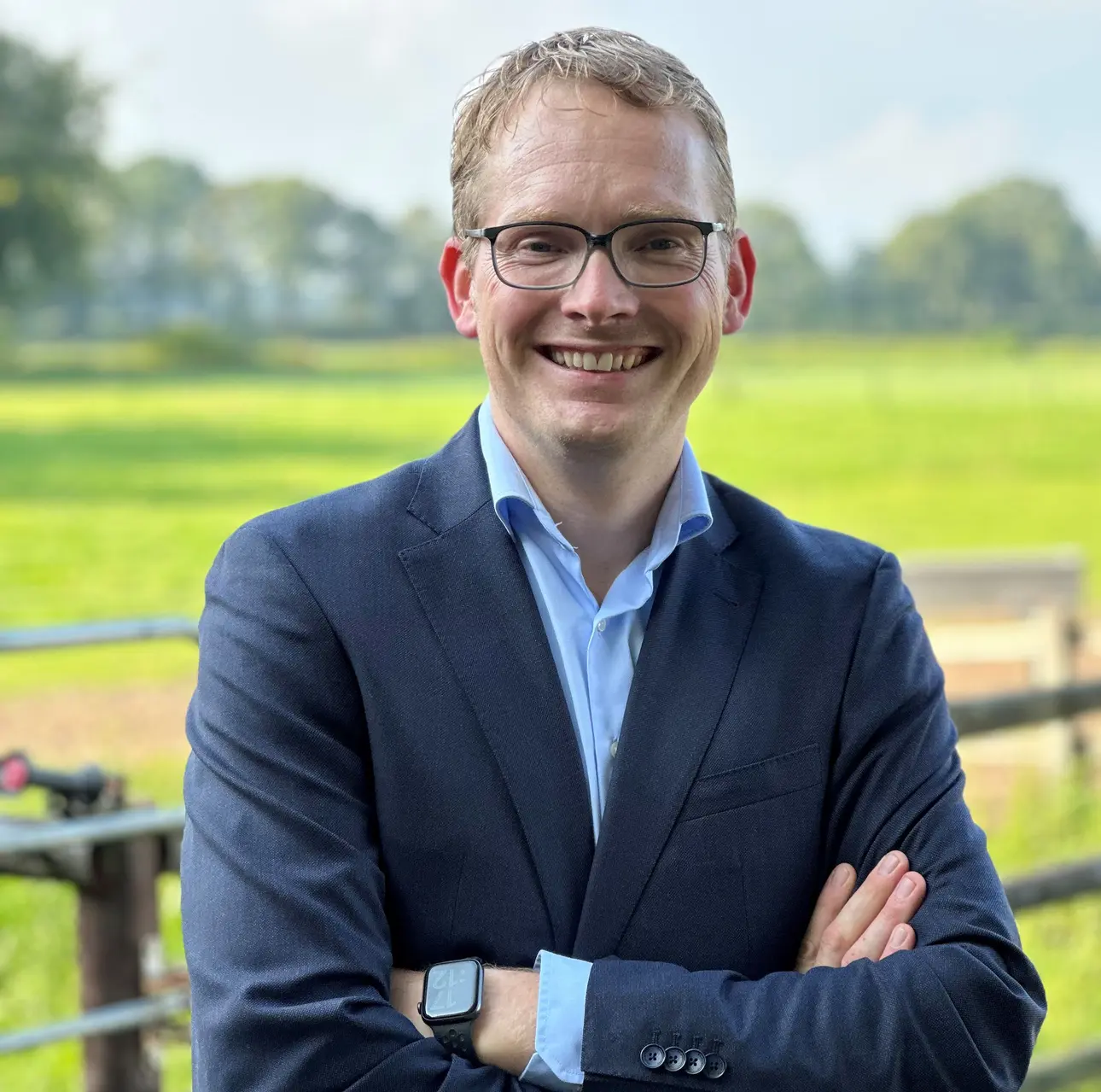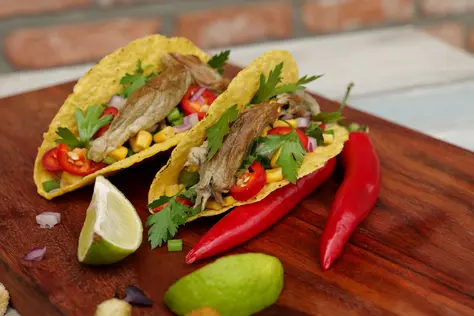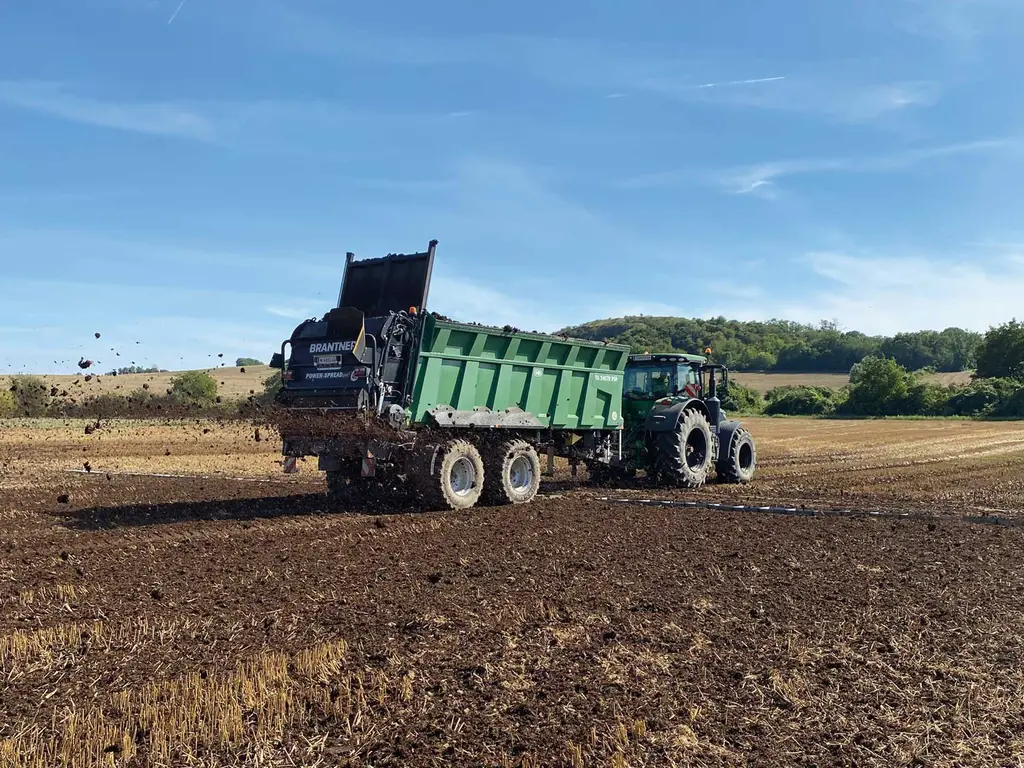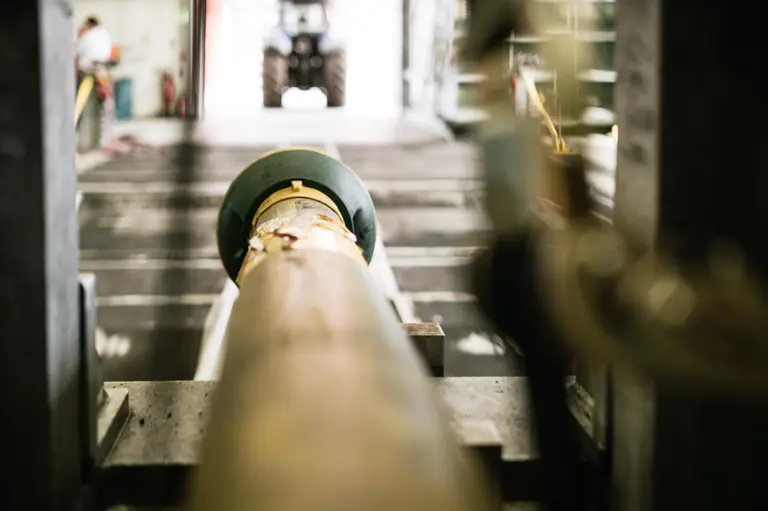Ukraine and Moldova have started accession negotiations with the EU. For both nations, EU accession offers many opportunities, but also harbours challenges: The Republic of Moldova is counting on a professionalisation push in animal husbandry. Ukraine, on the other hand, which is suffering from the Russian war of aggression, sees itself as an important pillar of food security in Europe.
The Opportunities and Challenges of EU Membership for Ukraine and the Republic of Moldova
The prospects arising from EU membership for Ukraine and the Republic of Moldova were the focus of the international conference “Opportunities and Challenges of EU Integration for Livestock Farming in the Republic of Moldova and Ukraine,” recently held at EuroTier 2024 in Hanover. With the commencement of EU accession negotiations this year, both Moldova and Ukraine have reached a significant milestone. Moving forward, both countries are tasked with implementing the regulations upheld within the EU community as part of their integration process.
The agricultural sector and livestock farming in the EU are characterized by stringent environmental and climate protection standards, extensive regulations on animal health, disease control, food safety, and increasing demands regarding animal welfare. However, EU membership also presents opportunities for Ukraine and Moldova, including access to the EU’s single market and support measures within the framework of the Common Agricultural Policy (CAP).
Impact of War on Livestock Logistics
While livestock farming in Moldova—apart from the poultry sector—has seen a dramatic decline in animal populations over the past three decades, the industry in Ukraine has been significantly affected by the Russian invasion. Disruptions in energy supplies, logistical challenges in delivering feed and other resources, liquidity shortages, and labor deficits are posing severe challenges to Ukrainian farms.
During the conference, representatives from both countries highlighted the opportunities and challenges that EU membership could bring in their specific contexts. Moldova sees significant potential in its livestock sector. “Livestock farming is the queen of agriculture,” stated Iurie Scripnic, State Secretary at Moldova's Ministry of Agriculture. Currently, livestock accounts for 28% of the country’s GDP, with a goal to increase this share to 40%. To achieve this, Moldova is promoting the development of professional livestock farming in dairy and beef cattle, as well as pig farming. The country already exports eggs and poultry meat to the EU.
Ludmila Catlabuga, at the time of the conference at EuroTier 2024 still Managing Director of the Association of Milk Producers of the Republic of Moldova and now Minister of Agriculture there, sees it as an important task to future-proof the country's dairy cattle sector. This would require modernizing the stables and investing in genetics. The dairy cattle sector in the Republic of Moldova needs breeds with a higher milk yield, said Catlabuga. The industry expert and current Minister of Agriculture also hopes that EU accession will lead to a transfer of know-how: Catlabuga was confident that Moldova could learn a lot from the EU member states in terms of research and development.
Potential in Processed Foods
Olga Romanova, Head of the Livestock Department at Ukraine's Ministry of Agriculture, highlighted the difficult conditions under which Ukrainian farmers must operate due to the Russian invasion. Labor shortages and loss of agricultural land are major issues. However, Romanova emphasized that Ukraine could make a significant contribution to food security within the EU if granted membership.
Before the war, Ukraine had passed an animal welfare law aimed at preparing its producers for the competitive environment under EU conditions, added Ukrainian parliamentarian Oleksandr Starinets. Romanova also pointed to potential growth in the sales of processed foods, which could become a key driver for the sector.
Increasing milk production despite the war
The presentation by Hanna Lavrenyuk, head of the Association of Dairy Farmers in Ukraine, was impressive. She described in clear terms what it means to farm under wartime conditions. More than 100 dairy farms were destroyed in the course of the Russian war of aggression against Ukraine, said the industry expert. The farms lacked staff not only due to a shortage of skilled workers, but also because the men were fighting on the front and it was completely unclear whether they would return home. Despite rocket fire and blackouts in the energy supply, however, the top farms in the Ukrainian dairy industry have managed to increase milk production from around 11,000 liters per cow per year in the pre-war period 2020/21 to around 13,000 liters today, Lavrenyuk emphasized. For her, this is proof that Ukrainian dairy farmers have nevertheless managed not to lose heart and look to the future. New financial instruments are now needed in the country in order to be able to cope with the investments for the reconstruction and further development of the sector.
However, Oksana Yurchenko, head of the Association of Pig Farmers in Ukraine, pointed out how important it was for both sides - Ukraine and the EU member states - to allay concerns and fears in connection with EU accession. On the EU side, these concerns were that a large proportion of EU agricultural subsidies could flow to Ukrainian farms. A concern that the industry expert tried to refute: farmers in Ukraine are used to operating without state support, she emphasized.
Text: Stefanie Pionke, DLG-Newsroom













